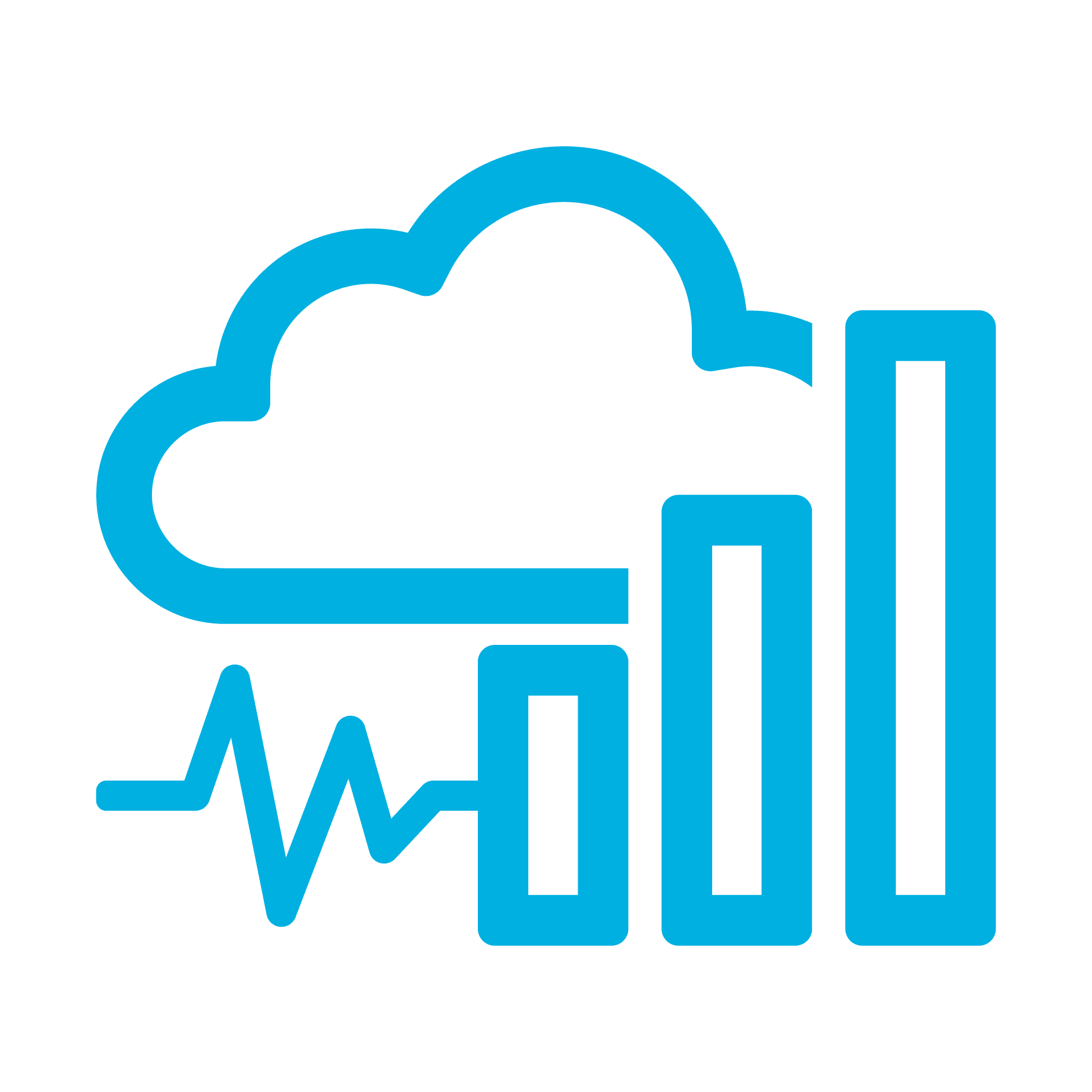- Services

CloudPro Services
Our collaborative and innovative approach accelerates your deployments and dramatically improves your return on your IT investment.
Assess your network and web applications vulnerabilities
Let CloudPro make your transition to the cloud as seamless as possible.
Prepare your company to go to
market.Let us guide you with your cloud journey so you can focus on your business.
- Solutions
CloudPro Solutions
CloudPro provides world-class solutions from industry-leading cloud technology suppliers. - Industries

Industries
Out services are designed to meet the unique business needs of commercial verticals and indutries. - Company

Our Company
We deliver point and end-to-end solutions for industry leading IT companies. Our expertise, skill and commitment power your success.Our Mission
We provide world-class cloud consulting and engineering services to our customers and partners.
Teaming to Win
We provide world-class cloud consulting and engineering services to our customers and business partners.
Committed to Your Success
The uncompromising quality and dedication of our team of experts deliver bottom line results.
Diversity and Inclusion
We are committed to diversity and inclusion within the workplace and believe our differences make us better.
- Blog

Our Blog
Keep up-to-date with our current endeavours and outlook on the cloud.Articles
Let us guide you with your cloud migration so you can focus on your business.
Our Alliances
Keep up-to-date with our alliance activities and how they could be beneficial to your business.
- My CloudProKeep track of all of your CloudPro services, business communications and resources in one place.
Log In
Login to your MyCloudPro account to access your services and resources.
Create an Account
Register here to create a new MyCloudPro account.
Sales Support
Please let us know if you have any questions about our services.
Technical Support
Contact us for any technical support questions about our services.
- Support




























